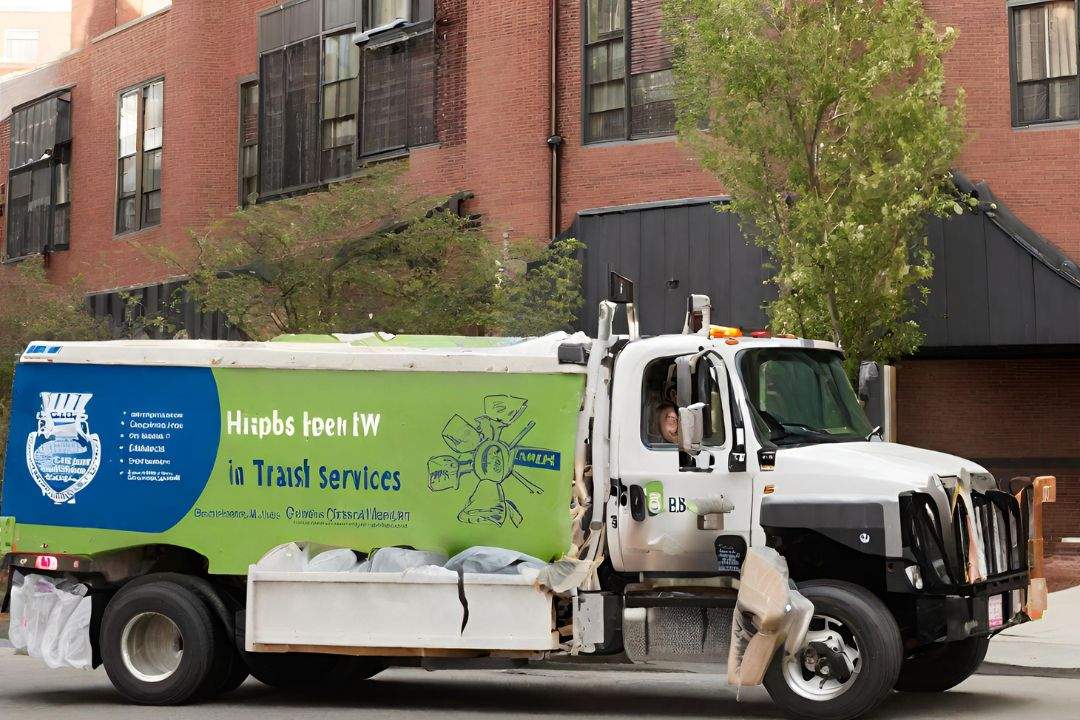Table of Contents
In our daily lives, we often overlook the dangers lurking within our trash. Hidden beneath the surface of everyday waste lies a category known as HBS Trash, encompassing items that pose serious environmental and health risks. As we delve into the intricacies of waste management, it becomes crucial to understand the perplexity and burstiness associated with HBS Trash.
Understanding HBS Trash
HBS Trash, or Hazardous By Surprise Trash, includes items that may seem harmless but carry inherent dangers. Examples range from common household products to electronic devices, creating a complex challenge for waste disposal systems.
Environmental Impact
The repercussions of improper disposal of HBS Trash extend beyond our immediate surroundings. With alarming statistics revealing the extent of environmental damage, it is evident that a paradigm shift in waste management practices is imperative.
Health Risks
From respiratory issues to long-term diseases, the health risks associated with HBS Trash demand attention. Instances of communities suffering from the aftermath of inadequate waste management underscore the urgency of addressing this issue.
Social Consequences
Communities living near poorly managed waste sites bear the brunt of the social consequences. The burden of dealing with environmental degradation and health crises further highlights the need for sustainable waste management solutions.
Waste Management Practices
Current waste management practices face challenges in effectively handling HBS Trash. Analyzing the strengths and weaknesses of existing methods is crucial to devising strategies for more sustainable waste disposal.
Perplexity of HBS Trash
The perplexity of HBS Trash arises from its deceptive nature and the intricate web of materials falling under this category. Understanding why HBS Trash poses a challenge is key to developing targeted solutions.
Burstiness in Waste Generation
Sudden surges in waste generation, or burstiness, complicate waste management efforts. Exploring the events and circumstances leading to increased waste production provides insights into developing responsive waste management systems.
Innovative Solutions
Cutting-edge technologies offer promising solutions to address HBS Trash. Initiatives such as waste-to-energy projects and advanced recycling methods showcase the potential for a more sustainable future.
Public Awareness and Education
Public awareness plays a pivotal role in mitigating the impact of HBS Trashs. Successful campaigns and educational initiatives empower individuals to make informed choices, contributing to overall waste reduction.
Consumer Responsibility
Encouraging responsible consumer habits is essential in curbing HBS Trashs. By making mindful choices in daily life, individuals can actively participate in reducing their environmental footprint.
Governmental Initiatives
Governmental efforts in waste management, including policies and regulations, play a crucial role in addressing HBS Trashs. Assessing the impact of these efforts is crucial for continual enhancements.
Global Perspectives
Comparing waste management practices globally highlights disparities and opportunities for collaboration. International efforts can pave the way for shared solutions to global waste challenges.
Future Outlook
The future of waste management holds promise with ongoing technological advancements. Predictions for a more sustainable approach to waste disposal underscore the importance of continued innovation and collaboration.
Conclusion
In unveiling the hidden dangers within everyday waste, it is evident that HBS Trash demands immediate attention. By understanding its environmental, health, and social implications, we pave the way for innovative solutions and a more sustainable future.
Frequently Asked Questions
What is HBS Trash, and why is it a concern?
HBS Trashs, or Hazardous By Surprise Trash, includes items that may seem harmless but pose significant dangers. It’s a concern due to its environmental and health impact.
How can individuals contribute to reducing HBS Trashs?
Individuals can contribute by making responsible consumer choices, participating in recycling programs, and supporting initiatives promoting awareness.
Are there any successful global collaborations in waste management?
Yes, international collaborations exist to address global waste challenges, fostering shared solutions and best practices.
What are some innovative technologies tackling HBS Trashs?
Innovative technologies include waste-to-energy projects and advanced recycling methods, offering sustainable solutions.
How can governments improve waste management practices?
Governments can enhance waste management by implementing effective policies, regulations, and investing in infrastructure for sustainable practices.
